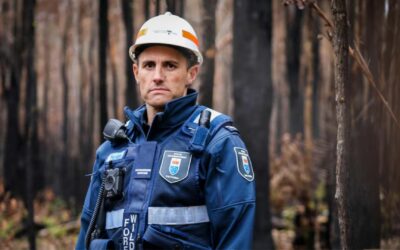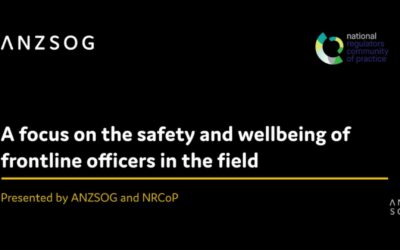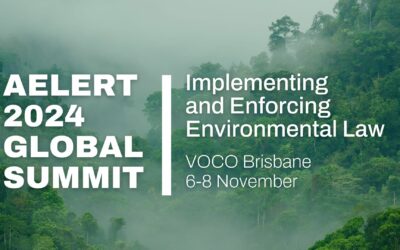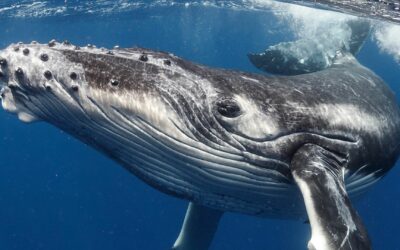DCCEEW released the National Climate Risk Assessment first pass assessment report and National Adaptation Plan on 12 March 2024, these will be important milestones in the work DCCEEW is leading to plan for and adapt to the increasing risks of climate change in Australia.
The National Climate Risk Assessment team, in partnership with the Australian Climate Service, has been hard at work to help build an understanding of national climate risks, start a national conversation on what Australia most values in the face of a changing climate and how we can protect it.
The first pass assessment report identified 56 nationally significant risks and 11 priority risks which will be further analysed in the second stage of the Risk Assessment.
“This is a very important foundational piece and will create greater momentum for addressing the impacts of climate change,” said Climate Active, Risks and Disclosures Branch Head, Chris Johnston.
Australia faces multiple risks from current and future changes in our climate. To manage and adapt to these risks, we need to understand how they will affect our society, environment, economy and way of life.
Our water resources, critical infrastructure, health and agriculture are among the priority areas at significant risk from climate change. Even with strong action to reduce emissions, we are facing increasing climate risk.
“The risk assessment will be an important information source for all levels of government, business and the community of the risks Australia faces from climate change,” Chris said.
The project kicked off mid-2023, with the development and publication of a methodology for the risk assessment.
The first phase consisted of a rapid qualitative assessment to identify a list of nationally significant climate risks. This involved a literature scan, a rapid adaptation stocktake, and a series of expert elicitation workshops to identify and explore the risks.
Experts analysed the impact, adaptation shortfall and decision urgency of these risks. This produced robust, expert-led insights into which climate risks are nationally significant.
The second phase is now underway, which involves a deeper dive into the 11 identified priority risks.
The priority risks include the natural environment, primary industries and food, regional and remote communities, health and social support, water security and the economy.
About the National Climate Risk Assessment
Australia faces multiple risks from current and future changes in our climate. We need to understand which are the most significant and how they will affect our society, way of life and economy. Without this, we cannot take effective actions to manage our climate change risks.
We need to know what Australia most values and wants to protect in the face of a changing climate. This report contributes to:
- an understanding of national climate risks
- a better understanding of the complex and cascading risks that will cause damage to our environment and society
- insights into the wider social and economic impacts of hazards such as bushfires, floods and disease
- an evidence base for the National Adaptation Plan, which will set the frameworks to drive adaptation in Australia.
The outcomes of the Risk Assessment will help all levels of government, industry, businesses, First Nations peoples and communities to better understand their climate risks and inform their adaptation actions.
Download a copy of the National Climate Risk Assessment: First pass assessment report on the DCCEEW website.











